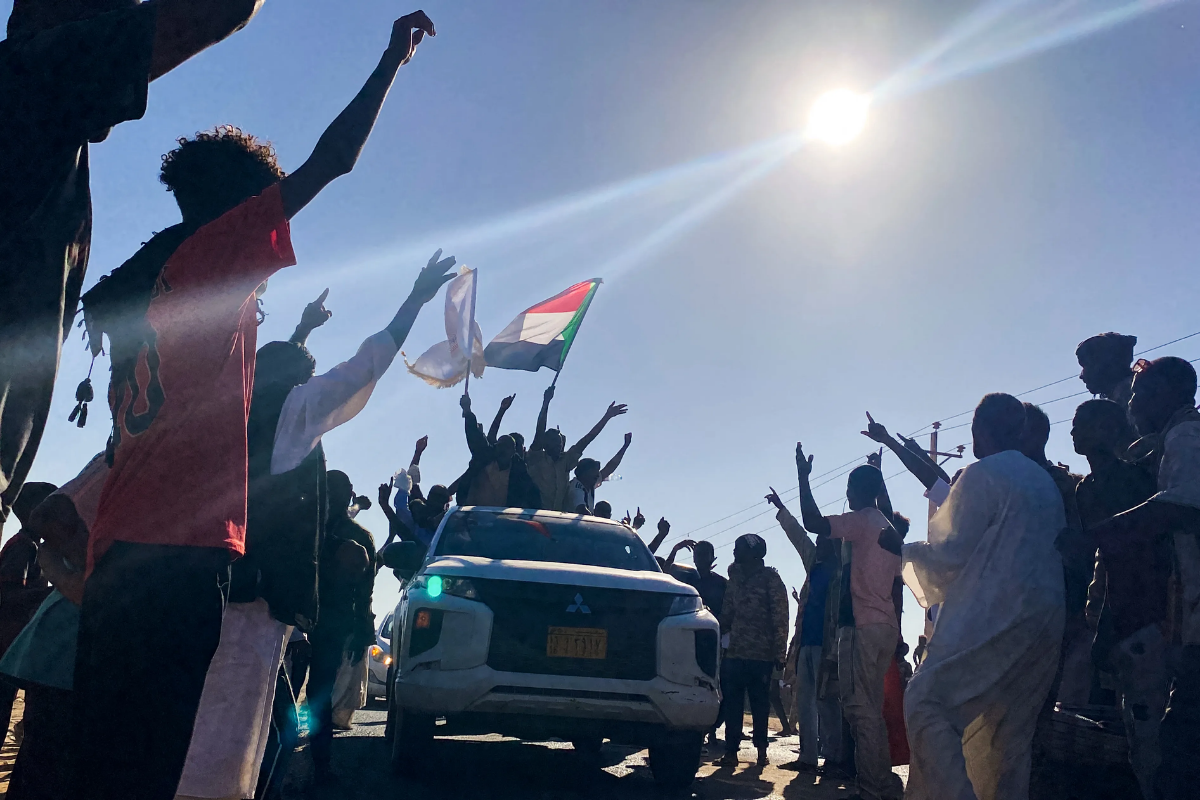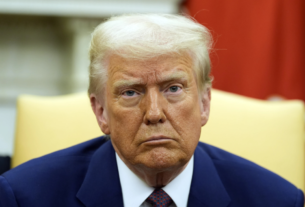Sudan’s largest anti-war coalition, Taqaddum, has fractured, raising questions about its future role in the country’s nearly two-year conflict. The split, which occurred on February 10, stemmed from internal disagreements over whether to participate in a new parallel government backed by the paramilitary Rapid Support Forces (RSF).
Formed in October 2023, Taqaddum brought together armed movements, political parties, and civil society groups in an effort to push for peace. It was led by former Prime Minister Abdalla Hamdok, who was ousted in 2021 by the Sudanese army and RSF during a coup that derailed Sudan’s democratic transition.
Now, the coalition has divided into two competing factions with differing strategies for engaging in Sudan’s political landscape. Those who chose to join the RSF’s government have rebranded themselves as Taasis (Foundation), signaling their willingness to take political roles in the paramilitary-led administration.
According to analysts, most Taasis members are from armed movements seeking to transform their military power into political influence. By aligning with the RSF, they hope to secure leadership positions and greater control over Sudan’s governance amid the ongoing war.
Meanwhile, the remaining Taqaddum members continue to oppose both warring factions, maintaining their stance against the RSF and the Sudanese army. Their challenge now is to regroup and redefine their strategy in a fractured political environment.
The split weakens Taqaddum’s influence as a unified opposition force, making it harder to push for an end to the conflict. Without a strong coalition, efforts to negotiate peace or form a broad-based civilian government could become more difficult.
The RSF’s creation of a parallel government further complicates the situation, deepening Sudan’s political divisions. With multiple factions vying for power, the chances of a united civilian-led transition appear increasingly slim.
Observers warn that Taqaddum’s split reflects broader fractures within Sudan’s opposition, highlighting the difficulty of building a cohesive front against military rule. The lack of unity among civilian and political groups has long been a challenge in Sudanese politics.
As the war continues, Taqaddum’s future will depend on whether it can rebuild itself as a credible anti-war movement. Its ability to unite opposition forces, influence negotiations, and avoid further fragmentation will determine its relevance in Sudan’s shifting political landscape.
For now, the coalition faces an uncertain path forward, as Sudan’s conflict drags on with no clear resolution in sight. Whether Taqaddum can reinvent itself or fade into irrelevance remains to be seen.




